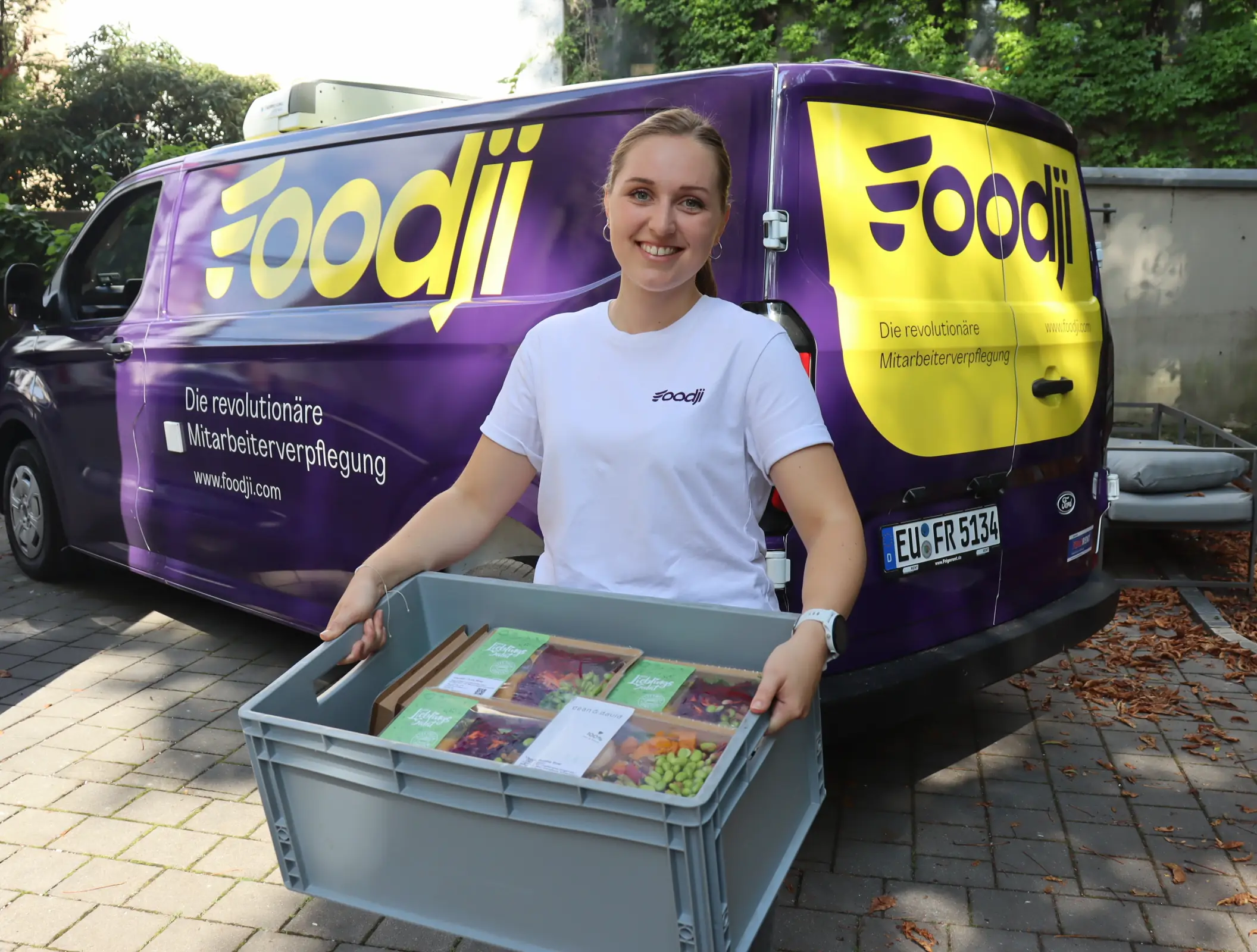
Reduce food waste thanks to automated solutions
These enable companies to offer fresh meals...

Employee catering: AI reduces waste
Around 17% of food waste in Germany is generated in the out-of-home sector...

Intelligent employee catering for the break
Awareness of the consequences of food waste is growing...










